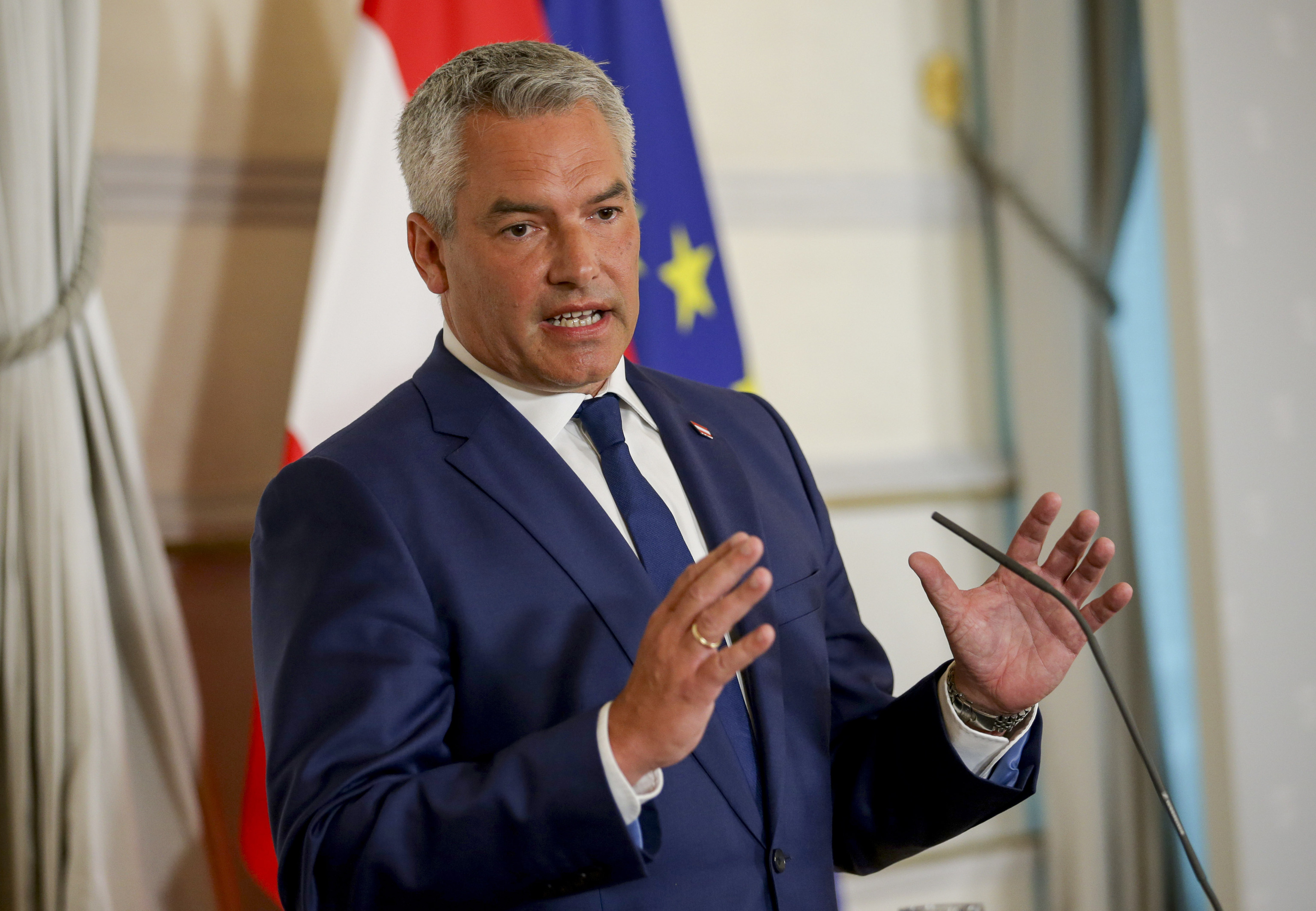Tens of thousands of devastated Swifties trading friendship bracelets, wearing sparkly dresses and singing songs in the streets of Vienna. Workers taking down the Taylor Swift stage inside an empty stadium.
This was the scene at the beginning of August in the Austrian capital after organizers abruptly canceled Swift's three shows over threats of an attack by Islamic State group militants.
Intelligence-sharing was instrumental in preventing a tragedy, Austrian and U.S. officials said. But it relies on mutual trust — confidence that secrets will not fall into the wrong hands or be leaked to hostile governments.
Austria's Western allies have grown increasingly worried about this possibility in recent weeks. The country's political parties have maintained an openness to Russia for decades — part of a traditional foreign policy of neutrality — but none more so than the far-right Freedom Party, which secured the largest share of the vote in last month's national election.
If the Freedom Party is part of Austria's next government, some analysts warn that intelligence-sharing could be drastically restricted, if not stopped altogether.
For now, the center-right People's Party has a mandate to form a governing coalition. Negotiations will be held in the weeks and months ahead without the Freedom Party since the conservatives and all other parties have ruled out governing with the far right. But if those negotiations fail, the Freedom Party will be waiting in the wings.
